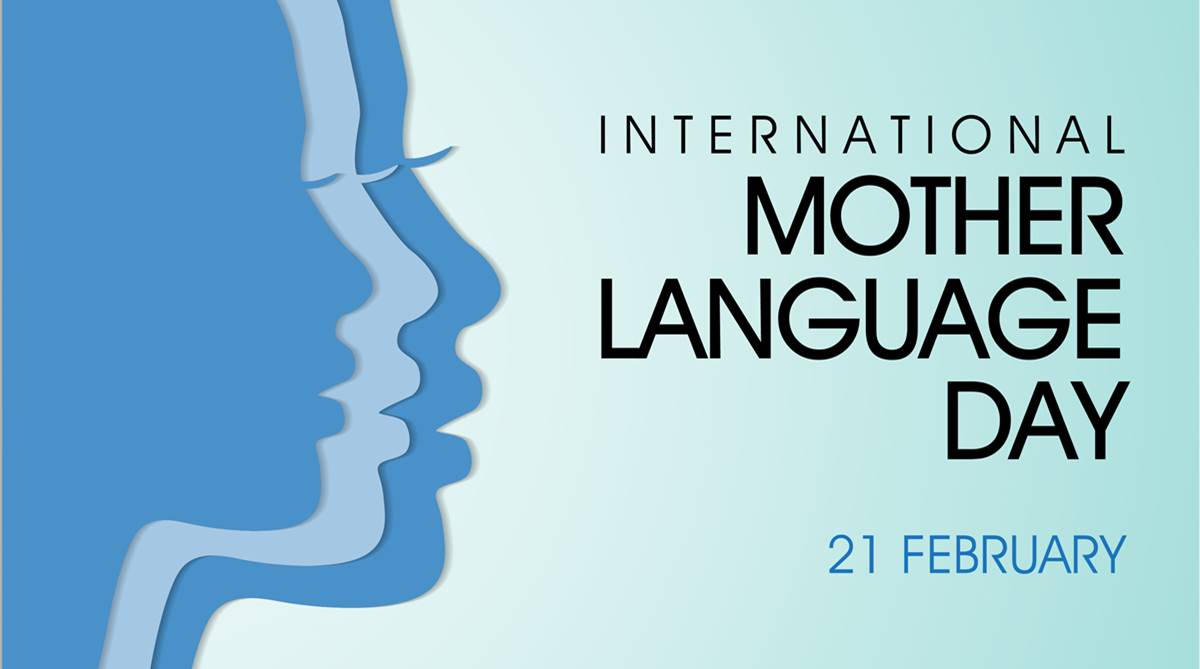February 21 is celebrated as the International Mother Language Day. The United Nations has been observing the day since 2000 to promote linguistic and cultural diversity and multilingualism.
The need to encourage mother tongue-based multilingual education, particularly in early schooling, has been felt as linguistic diversity sees a threat with more and more languages disappearing.
Advertisement
Every week, studies suggest, one language disappears erasing from the face of earth the entire cultural and intellectual heritage associated with it.
“At least 43% of the estimated 6000 languages spoken in the world are endangered. Only a few hundred languages have genuinely been given a place in education systems and the public domain, and less than a hundred are used in the digital world,” the UN said in a statement.
READ | International Mother Language Day | Ekushe February, Bangla and history of Bhasha Dibas
To celebrate the International Mother Language Day 2019, the Office of the UN Ombudsman and Mediation Services is compiling a list of proverbs used in different languages spoken across the world. Entries have been invited from people, asking them to send their favourite proverb in their mother tongue. The proverb has to be on the topics of peace, harmony, conflict resolution/competence “to deal with conflict, mindfulness, resilience, well-being”. The proverbs will be compiled, and the most appropriate ones will be selected to be published on the UN website and other digital communication tools.
The year 2019 is the International Year of Indigenous Languages, and hence the UN theme for this year’s International Mother Language Day is “indigenous languages as a factor in development, peace and reconciliation”.
In her message on the International Mother Language Day 2019, Audrey Azoulay, Director-General of UNESCO, said: “Indigenous peoples have always expressed their desire for education in their own languages, as set out in the United Nations Declaration on the Rights of Indigenous Peoples. Since 2019 is the International Year of Indigenous Languages, the theme of this year’s International Mother Language Day will be indigenous languages as a factor in development, peace and reconciliation.”
She added: “Indigenous peoples number some 370 million and their languages account for the majority of the approximately 7,000 living languages on Earth. Many indigenous peoples continue to suffer from marginalization, discrimination and extreme poverty, and are the victims of human-rights violations. On this International Mother Language Day, I thus invite all UNESCO Member States, our partners and education stakeholders to recognize and enforce the rights of indigenous peoples.”
International Mother Language Day history
The UN declared February 21 as the International Mother Language Day in 2000 at the initiative of Bangladesh. After Partition from India, when the country became East Pakistan, it had to fight imposition of Urdu as the national language. Several people sacrificed their lives to get recognition for the Bangla language.
The resistance started in 1952 after Governor-General of Pakistan Muhammad Ali Jinnah declared that “Urdu, and only Urdu” could be the common state language for both parts of Pakistan. The breakthrough was finally achieved in 1956 when Bangla was recognised as the second official language of Pakistan.
The movement that also witnessed the emergence of Sheikh Mujib-ur-Rehman, a student then, as a leader crystallised Bengali nationalism, which ultimately resulted in the struggle for freedom that came in 1971 with help from India.
This battle for language was unique to world history, and Bangladesh has been commemorating it by celebrating February 21 as Language Movement Day or Shohid Dibosh (Martyrs’ Day). The country observes a national holiday on the day, also known as just ‘Ekushe’ (21st).
In this part of India, West Bengal has been celebrating the day as Bhasha Divas, even before the UN declared it as the International Mother Language Day.











